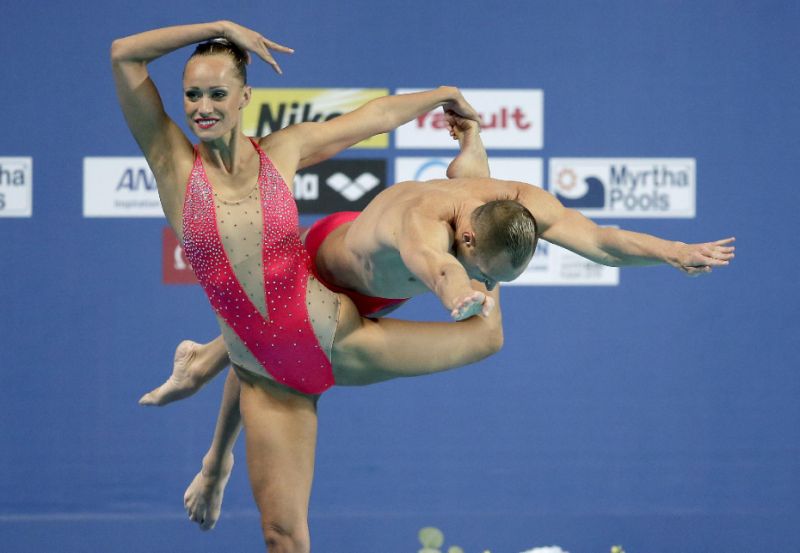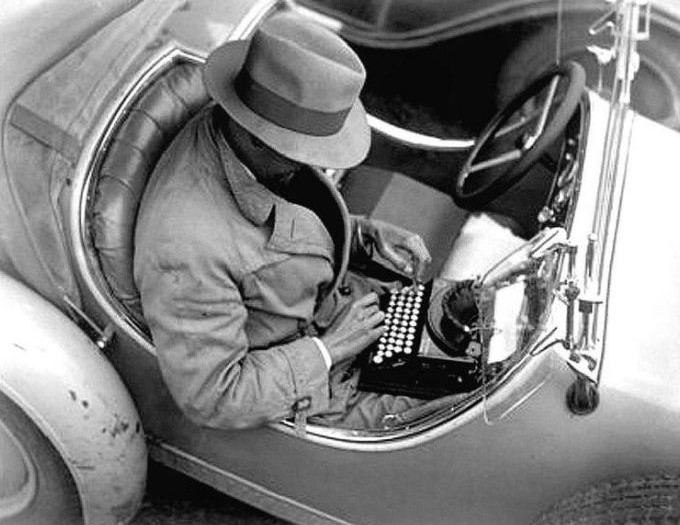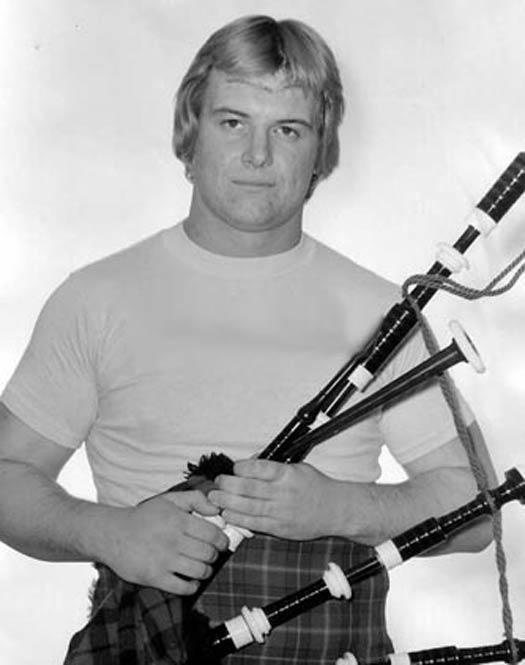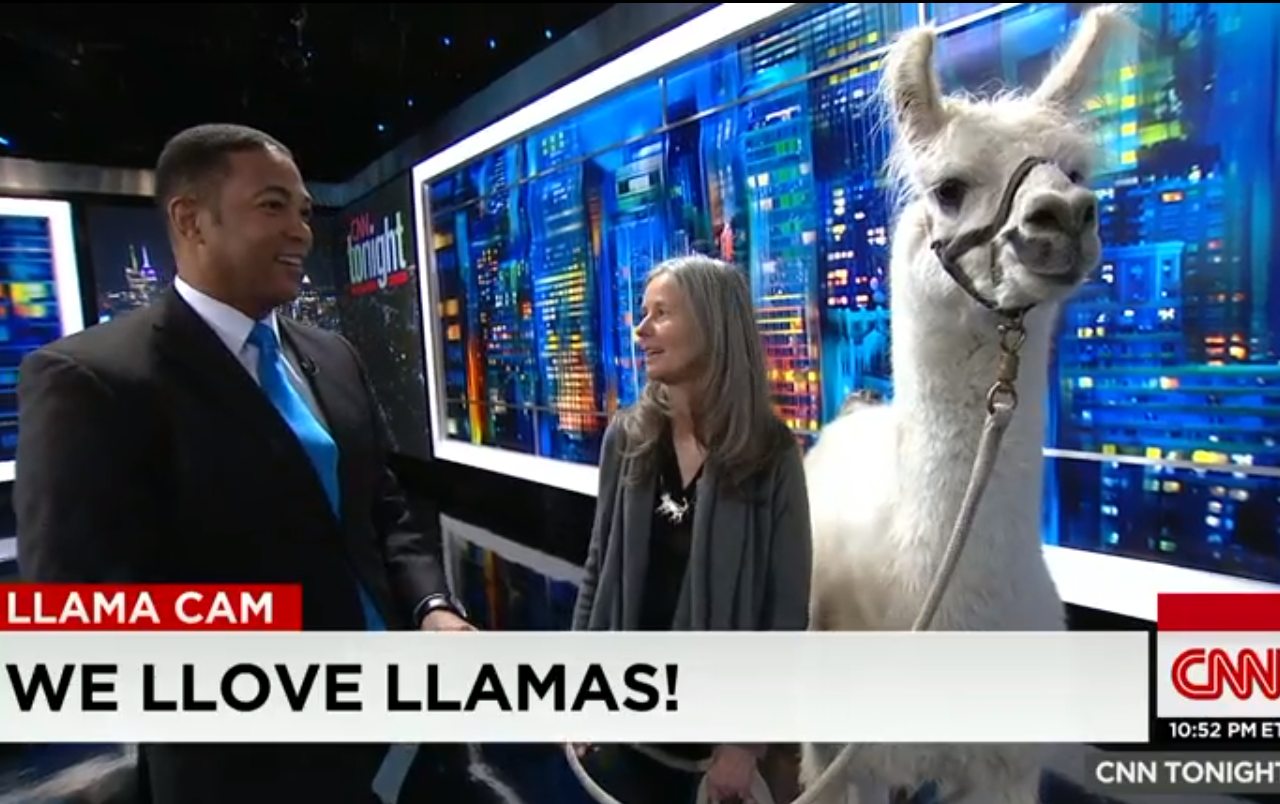Male synchronized swimming has often been viewed as risible partly because it pushed against traditional gender roles and also because a person in a pool not swimming seems an affront. Oh, and the nose plugs don’t help, either.
The sport served as both backdrop and punchline for the best gag of early ’80s iteration of SNL, the video skit seemingly unlocking a string of genius mockumentaries by Christopher Guest. But anyone who stops laughing for a minute will have to admit that few can excel at the combination of mime, dancing, gymnastics and, yes, swimming.
Bill May excelled. The American was long lauded as the best male synchronized swimmer ever, though his peak years were spent in frustration, sidelined and bone dry, as men were never allowed to compete in the World Championships or Olympics. Growing weary of the fight for inclusion, he plunged into a Cirque du Soleil pool in Vegas and tried to forget what might have been.
Than, unexpectedly, a mixed-gender event was added to the 2015 World Championships in Kazan, Russia, and May jumped back into the sport even though he had little time to perfect routines with his female partners, one of whom was seven months into a pregnancy.
In an 11,000-word ESPN The Magazine article, Taffy Brodesser-Akner traces May’s progress from public-pool practices to podium, making me care about a sport I have never once watched, with a big-hearted look at a person who kept paddling forward even when it made him look silly to others.
An excerpt:
They got to choreographing. They used community pools around Las Vegas to practice, renting them out for as many hours as their schedules allowed, subject to all the degradations of community pools: old women doing aqua aerobics on the other side of the rope; children cannonballing into your part of the rented pool before a lifeguard can get to them and tell them the space is yours; a kid taking a dump in the pool, sidelining them from practicing for a full hour while the water rechlorinated. Chris Carver had flown in from Santa Clara that day, and they didn’t like to waste time, and maybe saying the pool had rechlorinated by the time they got back in was generous. The only breaks they took were when they had to use the bathroom or when Kristina’s husband brought her newborn by for nursing. Bill put over $40,000 on his credit card for pool rentals. USA Synchro could pitch in only $12,000 total. The rest would come from the formidable Aquamaids, who operate a long-standing and very successful bingo facility in Santa Clara, run by volunteer Aquamaid parents in charge of getting funds to the swimmers for costumes and competitions.
Bill still swam the two Cirque shows and put an hour’s worth of makeup on each night. He still taught an abdominal workout to the other O cast members three times a week, twisting and lifting and pushing impossibly to get every single angle of their trunks to resist and grow stronger, to get them looking more like Bill. And he still swam his regular workout, an hour back and forth and back and forth in the pool each morning, and at night, when he was showered and his Weimaraners lay at the foot of his bed and he ceased movement for just the few hours he slept, he dreamed of Kazan.•





